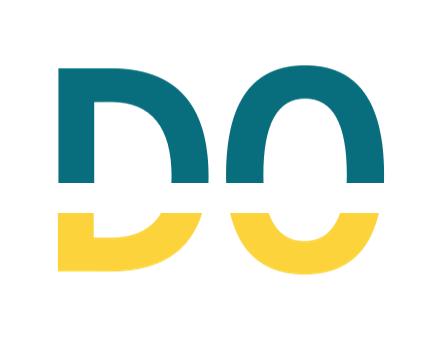In today’s business world, data has become the lifeblood of decision-making. Companies, large and small, are investing heavily in data literacy programs to ensure their employees can harness the power of data effectively. However, a common pitfall that many organisations make is approaching data literacy with a one-size-fits-all mentality. In this article, we explore why this approach is flawed and why a tailored strategy is essential for success.
Think needs and interests, instead of departmental budgeting
Allocating budgets for data literacy training on a departmental basis is what most companies do. While this approach may seem logical, it fails to consider the individual needs and interests of employees within those departments. Data literacy is not solely a matter of departmental responsibility, it’s a skill that can benefit individuals across various teams and roles within an organisation.
Instead of separating budgets by department, a more effective approach is to assess the organisation’s data literacy needs on a broader scale. It’s essential to consider employees’ existing knowledge levels and their enthusiasm for acquiring data skills. This nuanced approach allows for a more precise allocation of resources where they are needed most.
The importance of an in-depth audit
To implement a tailored data literacy program, organisations should start with an in-depth audit. This audit goes beyond a mere diagnostic assessment. It serves as a compass for the organisation’s data literacy journey in the future. It envisions concrete solutions and changes, fostering growth, empowerment and long-term success in the workplace.
During the audit process, several aspects can be explored:
- Team dynamics: understanding how teams function and collaborate is crucial to designing effective training programs. Different teams have unique data needs and challenges.
- Learning styles: identifying the preferred learning styles of employees helps tailor training materials to suit their individual preferences.
- Motivations: discovering what motivates employees to learn about data can help create engaging and relevant training programs.
- Common interests: identifying common interests among groups of employees can lead to the development of specialised training modules.
Customisation through auditing
The audit process serves as the foundation for tailored data literacy programs. It helps identify employee groups, their specific needs and shared interests. This customisation allows the creation of training materials that resonate with each specific workforce.
There are multiple ways to conduct an audit, including interviews, questionnaires and workshops. Organisations can choose the methods that best suit their culture and objectives.
Fostering data culture through tailored data literacy
To boost data literacy in an organisation, it’s important to understand how data literacy and data culture are closely connected. When employees from diverse departments come together based on common data interests, it fosters collaboration, trust and the development of a shared data culture. These interactions allow the sharing of ideas, insights, and best practices, breaking down departmental barriers.
Bottom line is: data literacy shouldn’t be addressed with a one-size-fits-all approach. To succeed in today’s data-driven world, organisations must take a more personalised and holistic approach to their data literacy programs. Conducting in-depth audits, customising training materials and fostering collaboration between employees are the steps towards building a workforce that can harness the full potential of data.
At Data Organisation, we view this investment in data literacy as an investment in the future of your organization, ensuring its success in a data-driven landscape. Contact us to explore how we can create a tailored data literacy approach to empower your team.

